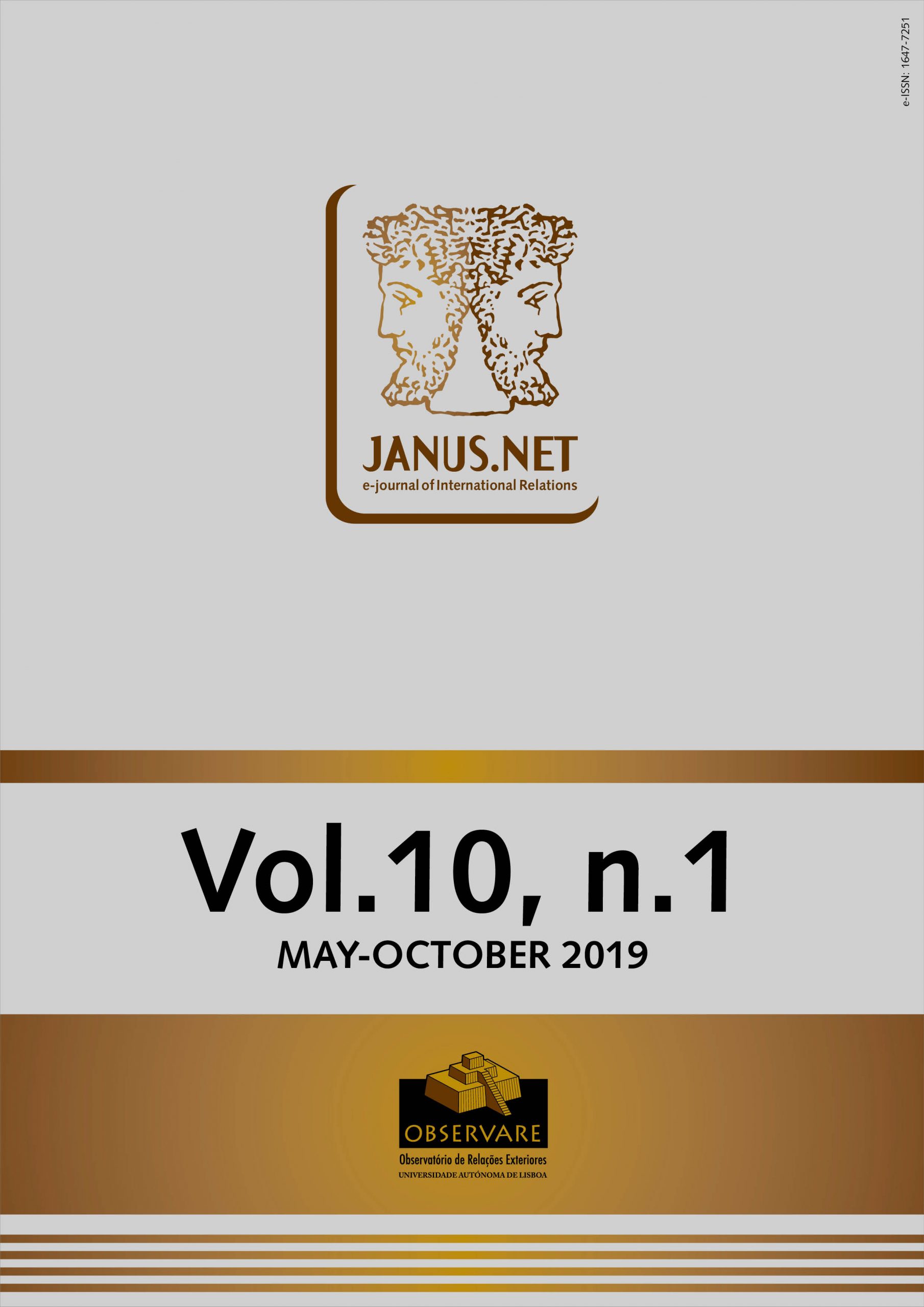This article seeks to explore the role Russian and Ukrainian conventional media played as agenda-setters and producers of subjective framings within the context of the Crimean crisis, exploring at the same time the relationship between state and media and the impact of media representations on national public opinions. The analysis shows that agenda-setting and framing at the level of states’ policies have a fundamental role in decision-shaping and perception-building, highlighting that the manipulation of information through narrative-construction is a powerful tool at the service of politics. This study contributes to validate the idea that media can be perceived as key influencers of the public agenda as they emerge as the most relevant agents in mediatising politics, becoming hence a functional gatekeeper that might either facilitate the official discourse or instead obstruct it.
AGENDA-SETTING AND FRAMING IN FOREIGN POLICY: THE CASE OF RUSSIAN AND UKRAINIAN TELEVISED COVERAGE OF THE CRIMEA CASE
Holder of a Bachelor and Master Degrees in International Relations, specializing in European Studies (University of Coimbra, Portugal). She carried out professional internships at the Embassy of Portugal in Bulgaria, at the Navigator Company, and at the National System Limited Inter TV in Kiev.
Researcher at the Centre for Social Studies and Associate Professor of International Relations at the School of Economics (University of Coimbra, Portugal). She holds a Jean Monnet Chair, received her PhD in International Relations from the University of Kent. She is currently director of the PhD Programme in International Politics and Conflict Resolution, CES|FEUC. She is also a member of the Governing Board of the European International Studies Association. Her research interests focus on peace studies, peacekeeping and peacebuilding, foreign policy, international security, Russia and the post-Soviet space. Her work has been published in peer-reviewed journals such as European Politics and Society, European Review of International Studies, Journal of Balkan and Near Eastern Studies, East European Politics, European Security, International Peacekeeping, International Politics, Asian Perspective, Global Society, La Revue Internationale et Stratégique, Journal of Conflict, Security and Development, Relações Internacionais.
Centre for Social Studies (University of Coimbra, Portugal). She is an associate researcher at OBSERVARE (Universidade Autónoma de Lisboa). She holds a postgraduate diploma in Communication Sciences from ISCTE-IUL, a PhD. and Master Degree in International Politics and Conflict Resolution from the Faculty of Economics of the University of Coimbra and a Bachelor degree in International Relations. Previously, she was a postdoctoral researcher at OBSERVARE/ UAL and at CES and researcher and coordinator of media and communication at Promundo-Europa. She was part of the research team of the Flemish Peace Institute while a visiting scholar and she was visiting fellow at the Universiteit Utrecht. She was co-coordinator and co-editor of the Bulletin P@x, a periodical publication of the Group of Studies for Peace of the NHUMEP. Her current research interests are centred on issues related to the media and masculinities; digital rights and contentious politics; media literacy; international politics and media representations.
Resumo
Palavras-chave
Como citar este artigo
Kutikova, Y; Freire, MR; Santos, SJ (2019). “Agenda-setting and framing in foreign policy: The case of Russian and Ukrainian televised coverage of the Crimea Case”. JANUS.NET e-journal of International Relations, Vol. 10, N.º 1, May-October 2019. Consulted [online] on the date of the last visit, https://doi.org/10.26619/1647-7251.10.1.4
Article received on 24 October, 2018 and accepted for publication on 9 February, 2019















